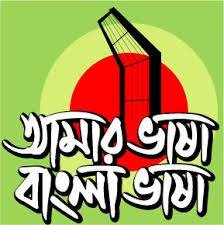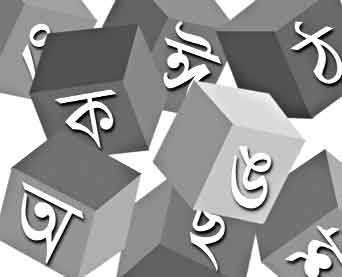
Every country has its own language, in which language people express their feelings.
Therefore, the main means of creating relationships is language.
Since birth, the child learns to say the words of his mother on his mother's face, that his mother's language is the mother tongue.
Bengali is the language of our mother.
Our laughter-cries, sadness, desire and desire all manifested through Bangla language.
There is a glorious history of Bengali language which is not found in any other race or group.
There is no country in the history of the world where people have given life for language.
But Bengali is a nation who gave life to movement for language.
In 1952, the then Pakistan government forced the people of this country to accept Urdu as the language of the state of Pakistan.
But the students of Bengal did not accept it as the people.
As a result, on 21 February 1952, during the procession in protest against Salam, Barkat, Rafiq, Jabbar, Shafiur, many people did not know the name for many languages.

As a result, the movement became intense and intensified.
Finally, in 1965, in the constitution of Pakistan, in the year 214, Bengal was given the status of state language.
Later, UNESCO recognized the 17th of November, 21st, as International Mother Language Day, recognizing the sacrifices of the Bangalis. Therefore, due to the movement struggle, Bangla language has been established in Swamhima in our national consciousness.
So Bengali language is our expectation and pride.
Bangla language is universally accepted today.
This achievement has brightened the small map of Bangladesh.
So we have to move ahead by keeping the consciousness of language awake